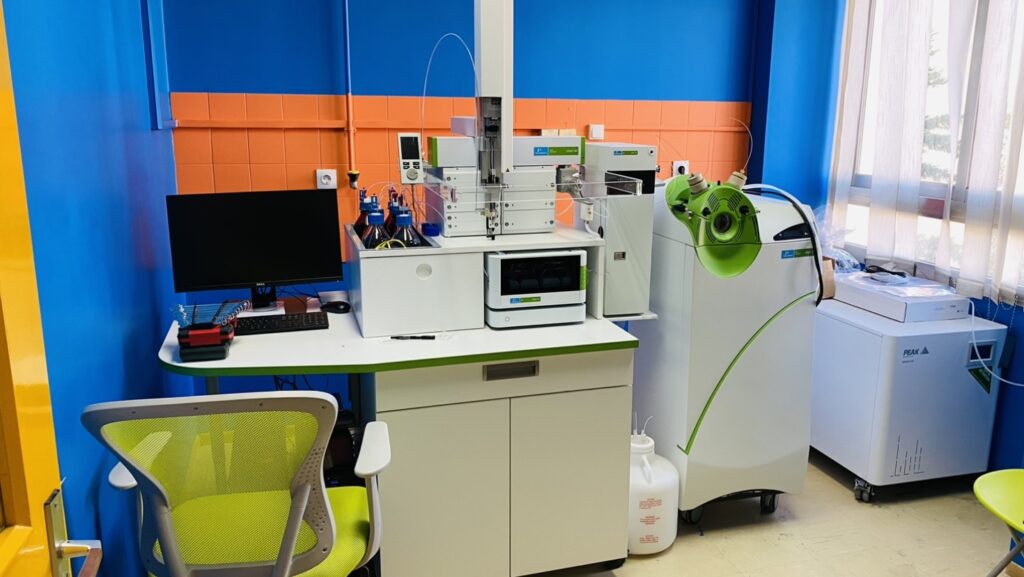We are pleased to announce that we have installed the QSight® 225 MD UHPLC-MS/MS screening system by PerkinElmer (Revvity) at the laboratory of the Neonatal Screening Directorate (EPPEN) of the Institute of Child Health (IMP), at the “Agia Sophia” Children’s Hospital in Athens. It is an ultra-high-performance liquid chromatography system, coupled to a triple quadrupole mass detector, which detects metabolic disorders in newborns.
With the installation of the QSight system, IPM enhances its neonatal screening programme for early detection of metabolic and other hereditary and rare disorders, thus expanding the range of free neonatal screening.
Specifically, pilot screening is now applied to 29 new disease conditions, including:
- 14 diseases for amino acid metabolic disorders,
- 6 diseases for organic sturgeons,
- and 9 diseases for fatty acid B oxidation disorders.
It is worth noting that since 1974, IYP has been providing free screening tests to all newborns in Greece in order to detect the following four diseases:
- Phenylketonuria (PKU),
- Deficiency of the enzyme glucose 6-phosphate dehydrogenase (G6PD),
- Congenital Hypothyroidism (CH),
- and Galactosemia (TGAL).
Since 2018 with the introduction of PerkinElmer’s Panthera and GSP systems, these tests are performed with the fully automated immunoenzyme method with fluorescence from dry spot samples.
We would like to thank EPPEN for its vision and the excellent long-term cooperation with our company, which is based on mutual trust and appreciation. We would also like to thank our partners at PerkinElmer, who actively contributed to the completion of the training of the laboratory members in the use and operation of the system.
More information about the QSight® 225 MD UHPLC-MS/MS detection system can be found here.
About the National Neonatal Screening Program (E.P.P.E.N.)
The National Neonatal Screening Program (E.P.P.E.N) is carried out exclusively by the Institute of Child Health (IYP), where all newborns in the country are checked. E.P.P.E.N. covers all newborns in Greece, and it is not limited to the measurement of a chemical substance. Instead, it offers an integrated service that includes the confirmation of detection, diagnosis, treatment and evaluation of the course of the affected child, according to the criteria of the World Health Organization (WHO). The test is free of charge for every newborn in Greece. With approximately 50 permanent staff consisting of scientists of 14 different specialties, it is the first center to address interdisciplinary health and development during childhood.



